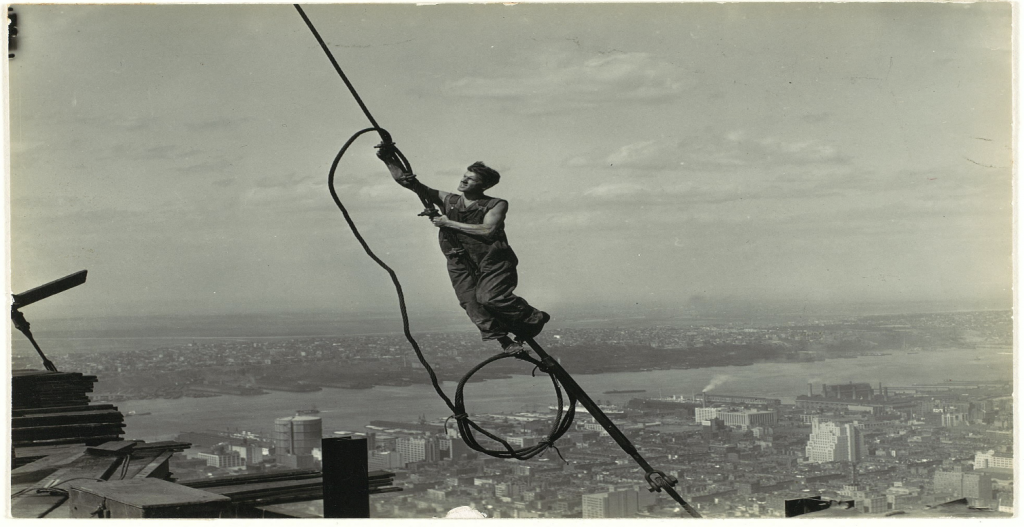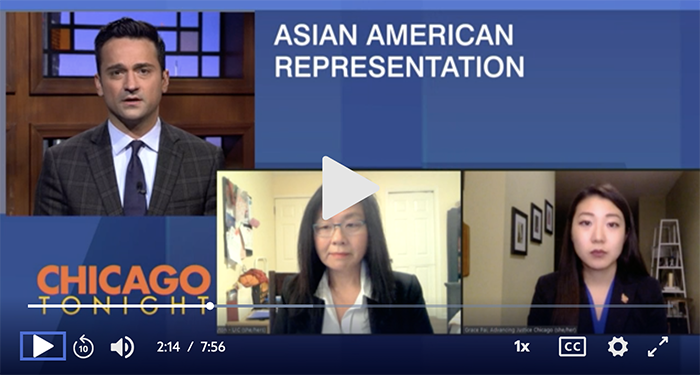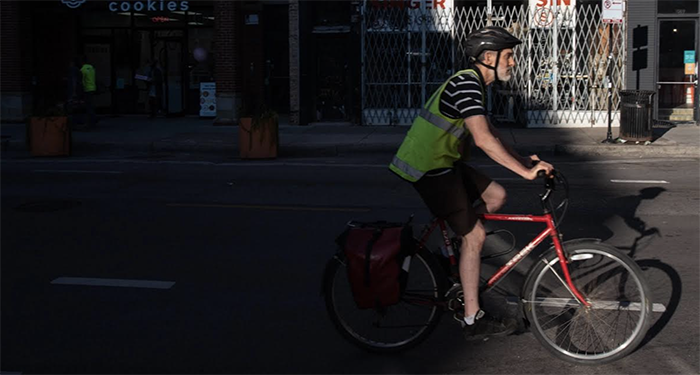
The purpose of the conference is to examine responses to failures of privatization in cities, especially in the United States and Europe, and what to make of those responses. Since the 1970s municipalities have sold public assets such as water, electricity, gas, waste systems, and transport, to private companies or else transferred the management or delivery of city services to private actors. The results have been at best mixed. Of late, municipalities have been cancelling contracts, letting them expire or repurchasing the resource systems, sometimes as mandated by public referendums. On other occasions, private firms proved either unwilling to bid for a contract or canceled contracts early. This state of affairs has been variously characterized as “re-municipalization,” “new municipalism,” “in-sourcing,” “de-privatization,” and “reverse privatization.”
The conference examines: Which actors, institutions, and forms of finance, enable cities to take ownership of an asset or service previously outsourced or privatized? How sustainable are these controversial activities and what are their wider consequences? What explanations best account for these policy directions? What outcomes are missed by posing a private-public divide? What are the levels of power in the political system that facilitate the local “capacity to act”? What do (re)municipalizations portend for the future?
The event is free, but registration is required to attend.
Organized by Alba Alexander (UIC, Political Science), Larry Bennett (DePaul University, Political Science), Evan McKenzie (UIC, Political Science) and Michael Pagano (UIC, Public Administration).
Cosponsored by UIC Department of Political Science, Great Cities Institute, Institute for the Humanities, and College of Urban Planning and Public Affairs.
Welcoming Remarks
8:55-9:00 AM CST
Evan McKenzie, University of Illinois at Chicago
Panel One. Origins of Municipalism: Historical and Conceptual Lessons
9:00-10:25 AM CST
Chair. Alba Alexander, University of Illinois at Chicago
Gail Radford, State University of New York at Buffalo
The Myth of American Hostility to Public Enterprise
Marco Rosaire Rossi, University of Illinois at Chicago
The Failure of the “Failure of Regulation”
Richardson Dilworth, Drexel University
Suburbanization, (Re)municipalization, and the Right to Water
David McDonald, Queens University, CA
Back to the Future? Pendulum Swings and the Lessons of History for Remunicipalization
Panel Two. Capacity to Act: Legacy and Impact of Privatization in Cities
10:30-11:55 AM CST
Chair. Evan McKenzie, University of Illinois at Chicago
Gregory Pierce, University of California, Los Angeles
Beyond the Strategic Retreat? Explaining Urban Water Privatization’s Shallow Expansion
Martha Kaplan, Vassar College
Radically Municipal Water: Decolonizing the City in Singapore
Heather Whiteside, University of Waterloo
Canadian Public Land Sales and UK Public Finance Initiative Handback: Contradictions and Opportunities
Todd Swanstrom, University of Missouri, St. Louis
Suburbanization as Privatization: The Future of the Public City
Keynote Speaker. The Honorable Dennis Kucinich
12:00-12:45 PM CST
Moderator. Michael Pagano, University of Illinois at Chicago
Panel Three. De-Privatization in Cities: Resistance and Adaptation
1:00-2:25 PM CST
Chair. Larry Bennett, DePaul University
Andrew Cumbers, University of Glasgow
Remunicipalisation, Neoliberalism and the Return of the State
Timothy Moss, Humboldt University
The Many Faces of Municipalisation across Berlin’s Turbulent History
Emanuele Lobina, Public Services International Research Unit, University of Greenwich
Remunicipalisation versus the Zombie: A Taxonomy of Policy Containment Strategies
Germà Bel, University of Barcelona
Remunicipalisation: Are we Heading to a New “Progressive Era”?
Panel Four. Toward (Re)municipalism? The Future of Urban Public Services
2:30-3:55 PM CST
Chair. Jefferey Sellers, University of Southern California
Mildred Warner, Cornell University
Pragmatic Municipalism: Understanding Trends in Local Government Service Delivery
Nelson Lichtenstein, University of California, Santa Barbara
Sectoral Bargaining on the State and Municipal Levels: Revisiting a Progressive Idea
Rachel Havrelock, University of Illinois at Chicago
The Price of Water, Climate Change, and Remunicipalizing Utilities
Dennis Judd, University of Illinois at Chicago
The American Municipality and the Eclipse of Local Democratic Governance
Closing Remarks
Larry Bennett, DePaul University






